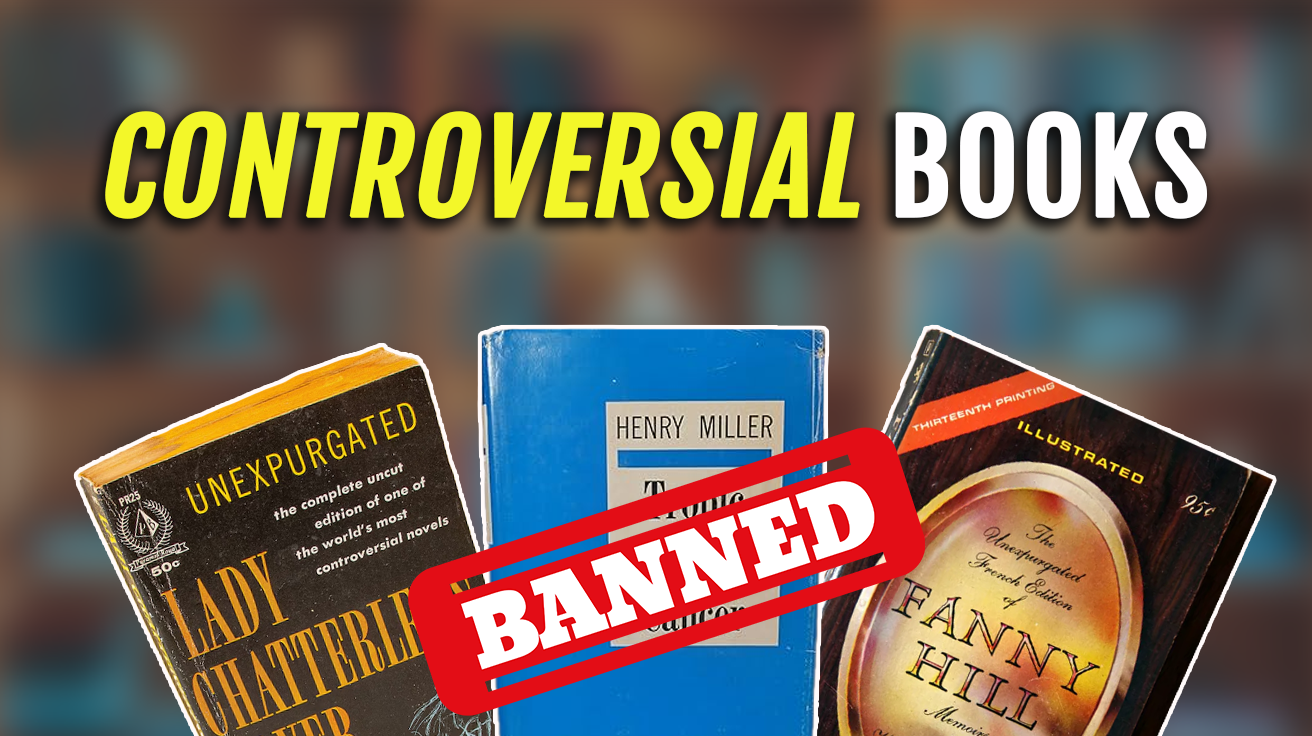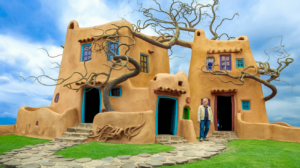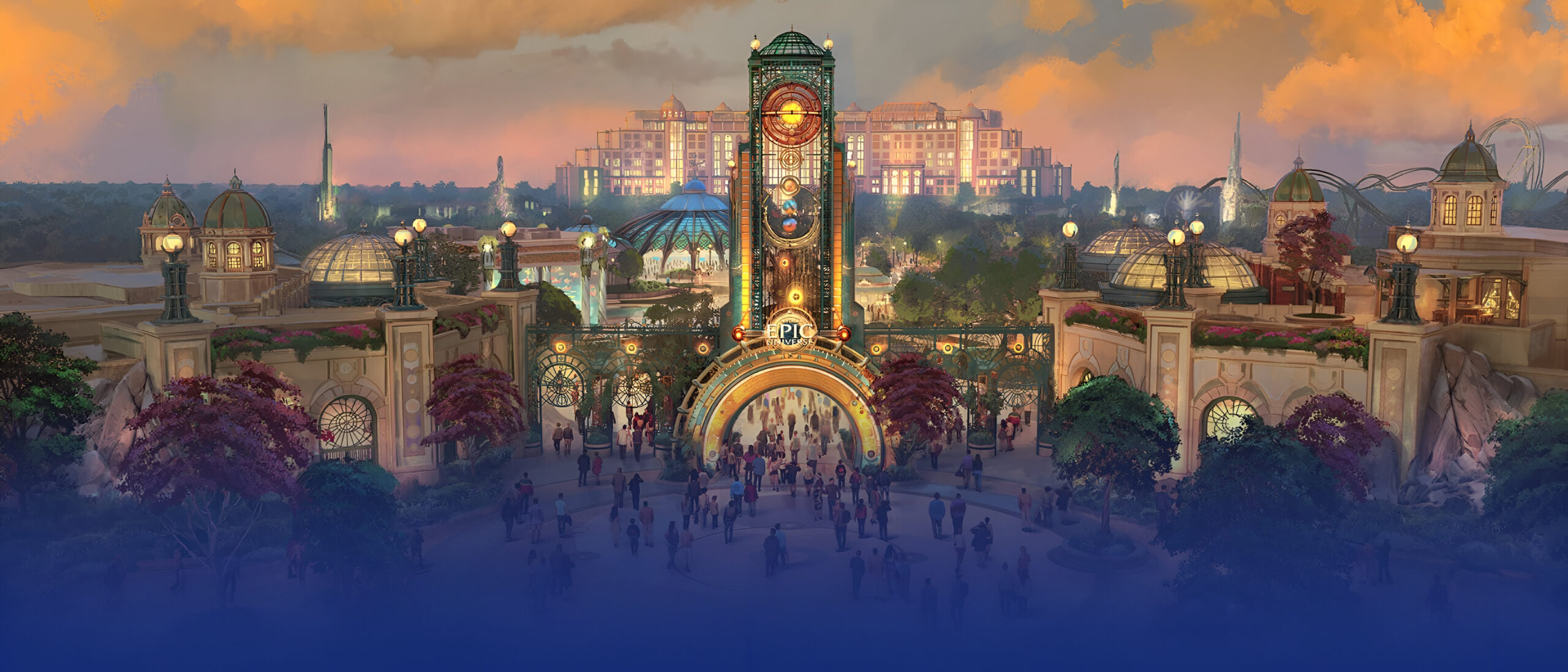Throughout history, certain books have faced bans for pushing boundaries and questioning societal norms. These works didn’t face censorship due to a lack of artistic value—they were banned for provoking thought, challenging authority, and daring to address controversial themes. From explicit content to political critique, each of these 10 books left a mark that outlasted their censors, proving their influence on literature and society.
10. Tropic of Cancer
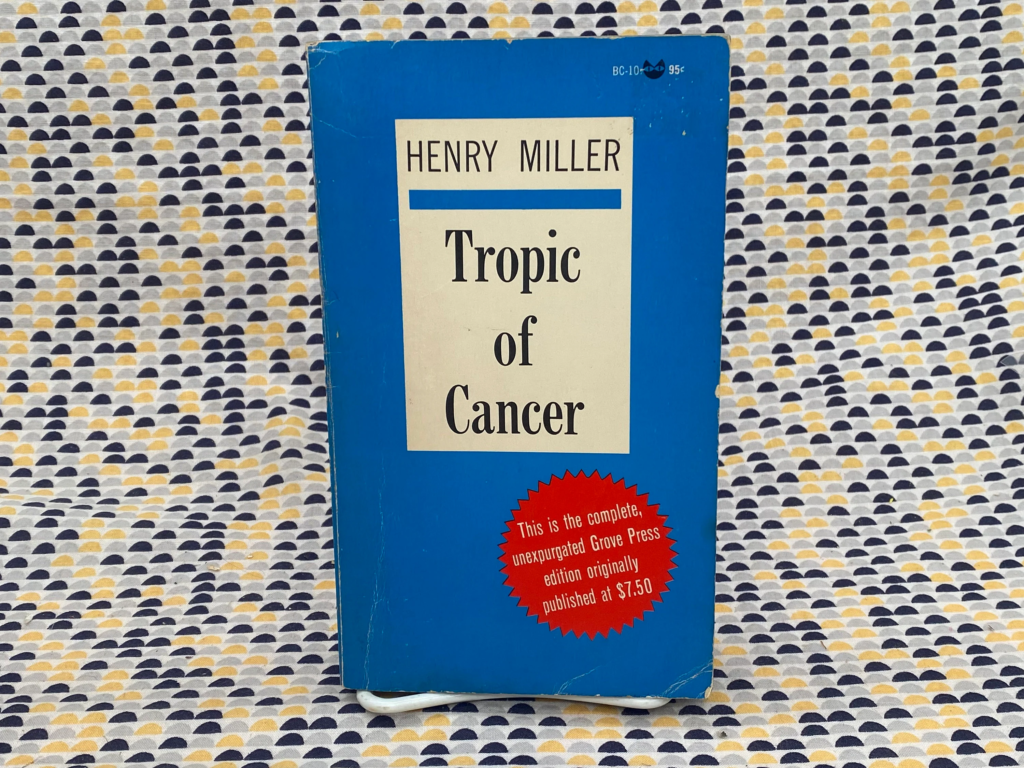
Henry Miller’s Tropic of Cancer (1934) shocked audiences with its explicit content, blending sexuality with philosophical musings. Banned for obscenity in the U.S., it eventually gained legal approval in 1961, becoming a symbol of free expression and literary exploration.
9. De Revolutionibus Orbium Coelestium
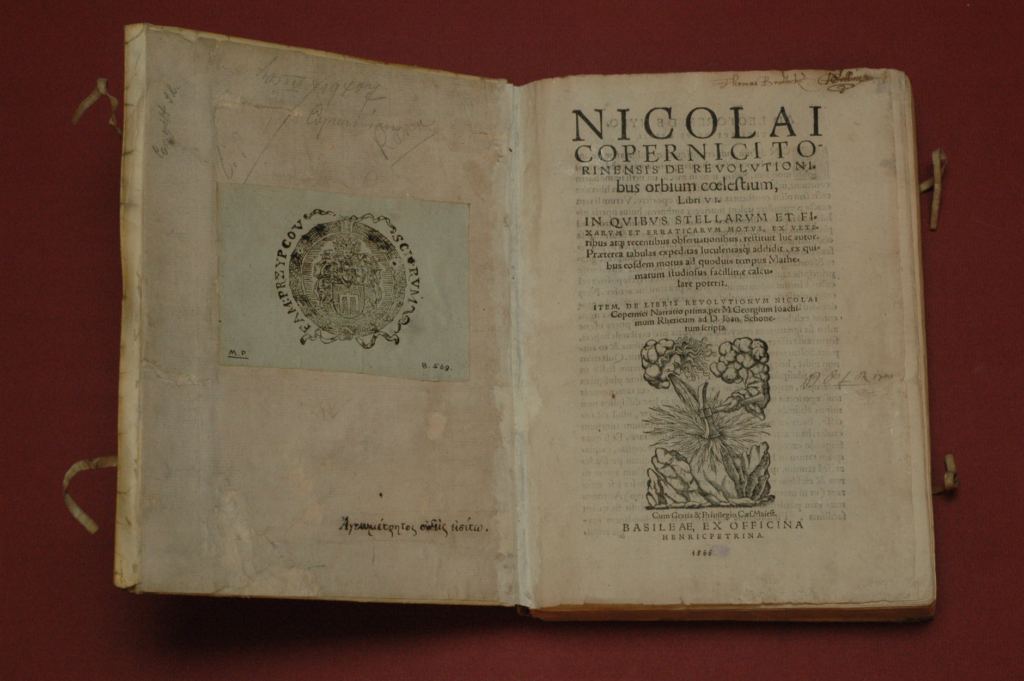
Nicolaus Copernicus’ De Revolutionibus (1543) challenged the Earth-centered view of the universe with its heliocentric theory, leading the Catholic Church to ban it. Seen as a threat to biblical teachings, this groundbreaking work remained on the Church’s Index of Forbidden Books for centuries.
8. Lady Chatterley’s Lover
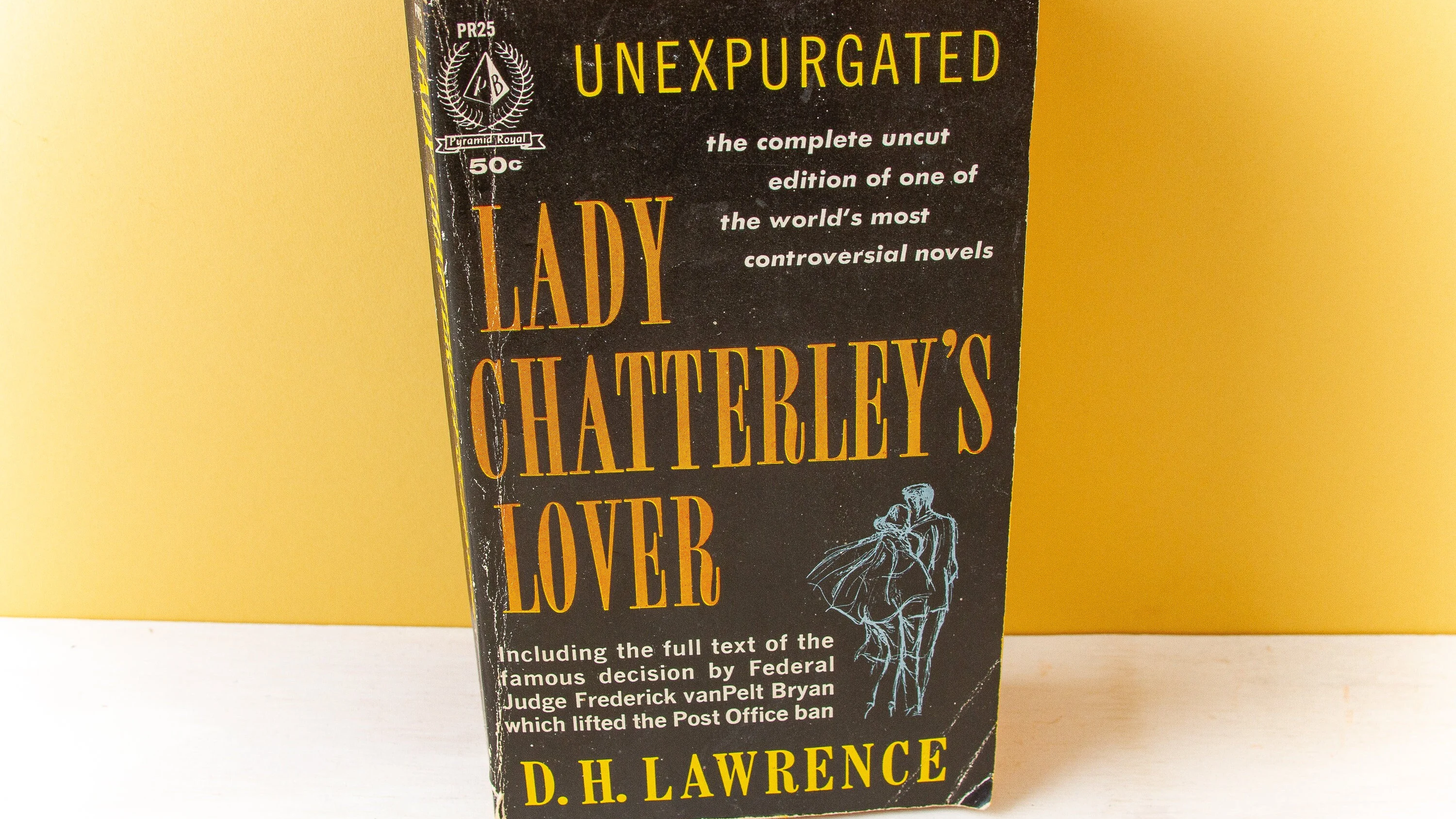
D.H. Lawrence’s Lady Chatterley’s Lover (1928) portrays an affair between an aristocratic woman and a working-class man. Its frank language about class and sexuality led to bans, notably in the U.K. and U.S. A landmark 1960 obscenity trial in Britain finally allowed the novel’s publication.
7. Ulysses

James Joyce’s Ulysses (1922) faced censorship for its bold language and stream-of-consciousness style, depicting inner thoughts and bodily experiences that critics deemed obscene. Its legal battles in the U.S. and U.K. highlighted its raw portrayal of humanity, eventually securing its place as a modernist masterpiece.
6. Fanny Hill
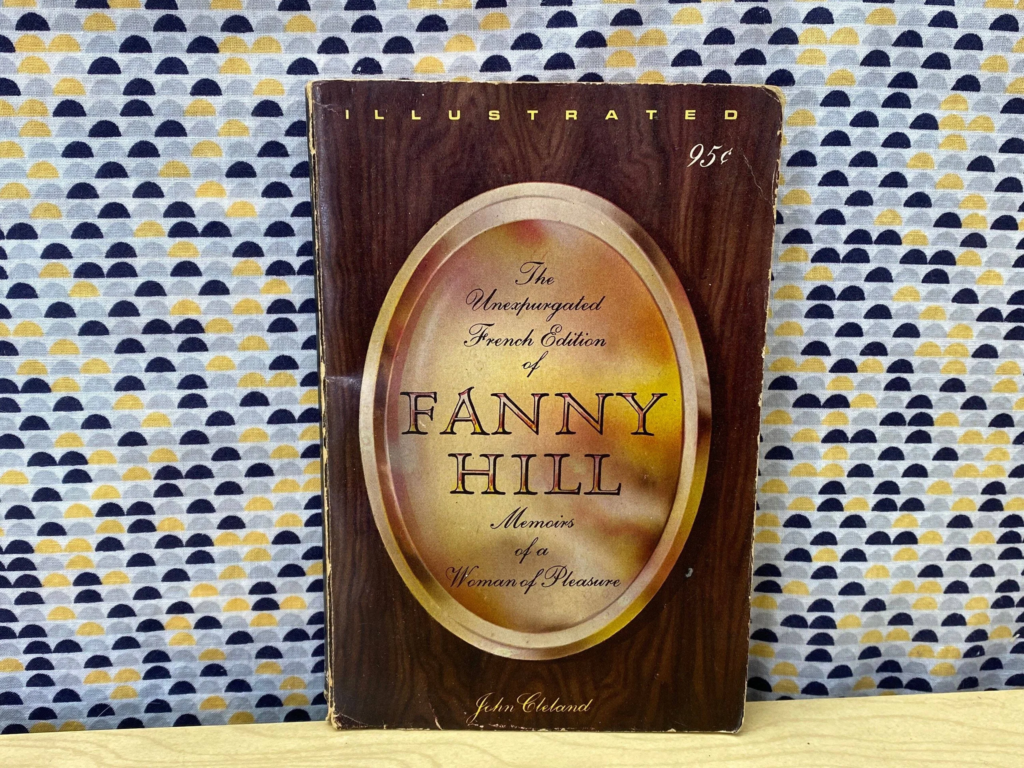
Fanny Hill (1748) by John Cleland chronicles the life of a young woman’s exploration of sexuality, prompting immediate backlash. Its explicit scenes led to obscenity charges, with bans in multiple countries. Today, it’s seen as an important early exploration of sexual freedom and literary expression.
5. The Satanic Verses
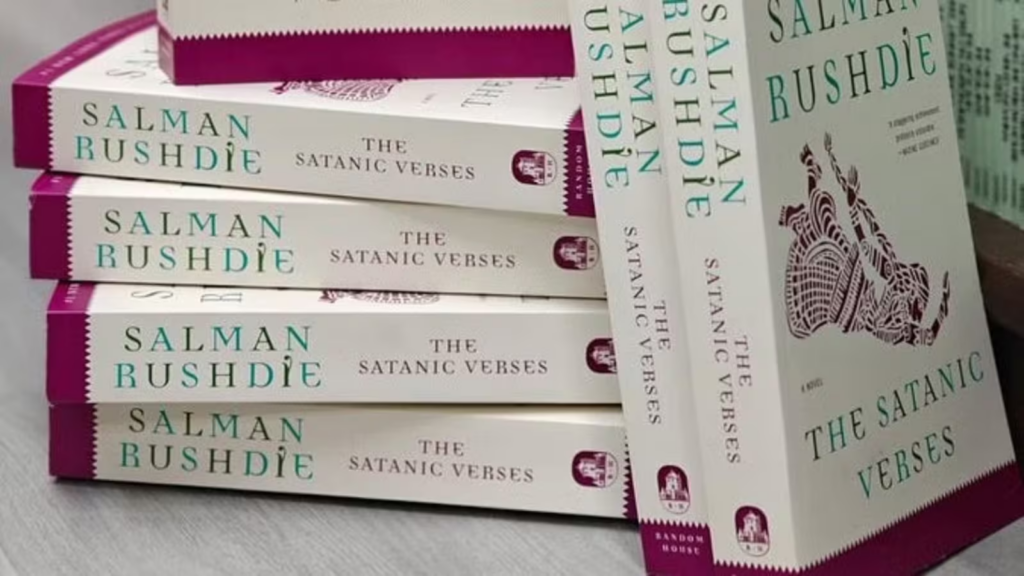
Salman Rushdie’s The Satanic Verses (1988) blends historical events with magical realism, touching on themes of faith and conflict. Its depiction of Islamic figures led to bans across Muslim-majority countries, and Rushdie faced a death sentence from Iran’s government, bringing heated debates on freedom of expression.
4. The Anarchist Cookbook
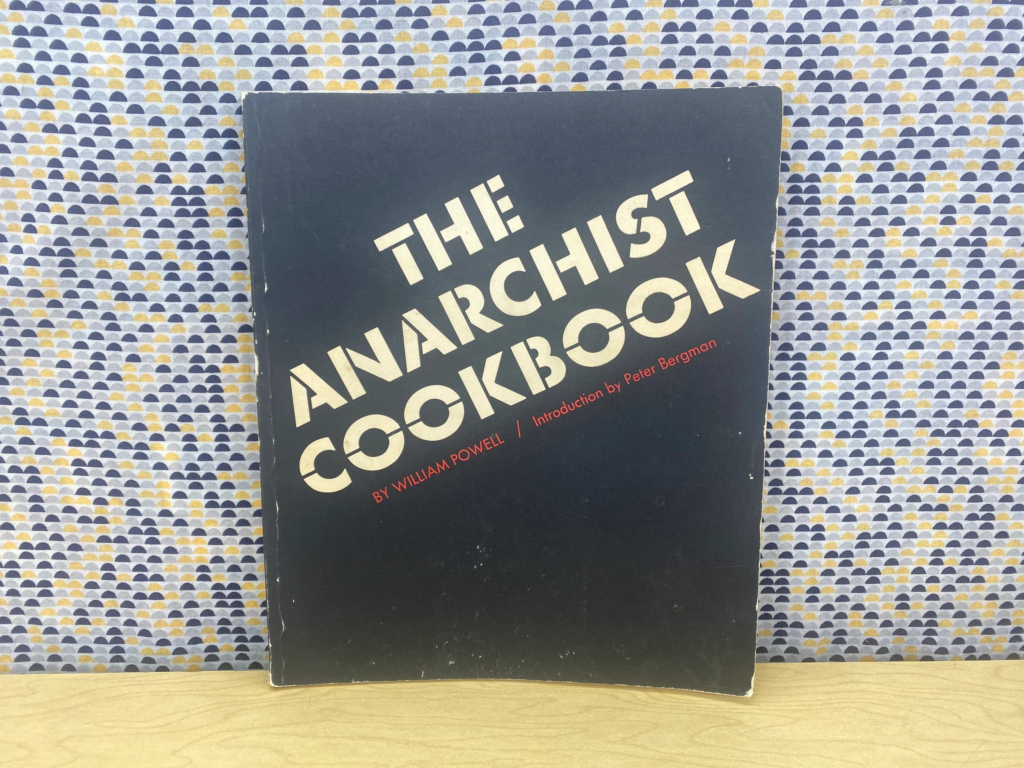
Written in 1971, William Powell’s The Anarchist Cookbook was a protest against the Vietnam War, filled with instructions on creating explosives. Banned in places like Australia, it has sold millions, though Powell later disavowed it, expressing regret over its impact.
3. Lolita
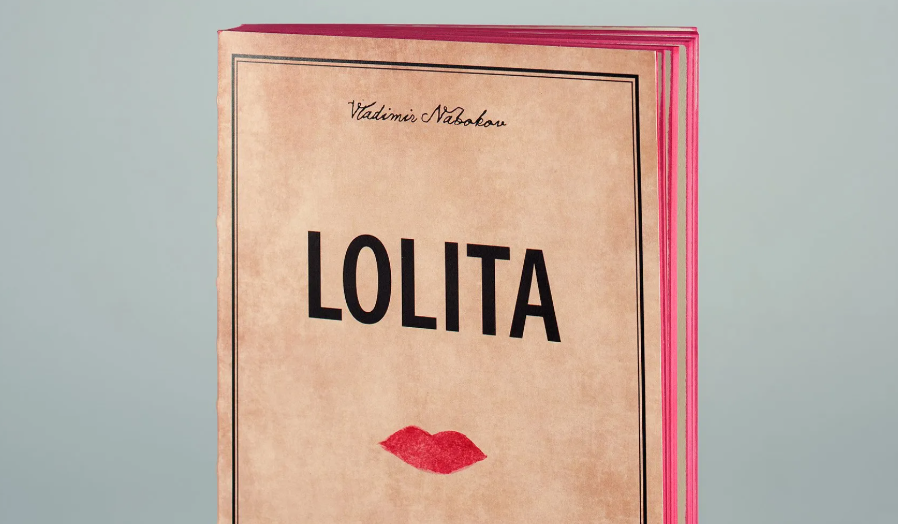
Vladimir Nabokov’s Lolita (1955), narrated by a man obsessed with a young girl, faced bans in several countries for its controversial subject. Despite its provocative theme, Nabokov’s novel is celebrated for its complex language and psychological depth, challenging readers to confront unsettling topics of morality and obsession.
2. 1984
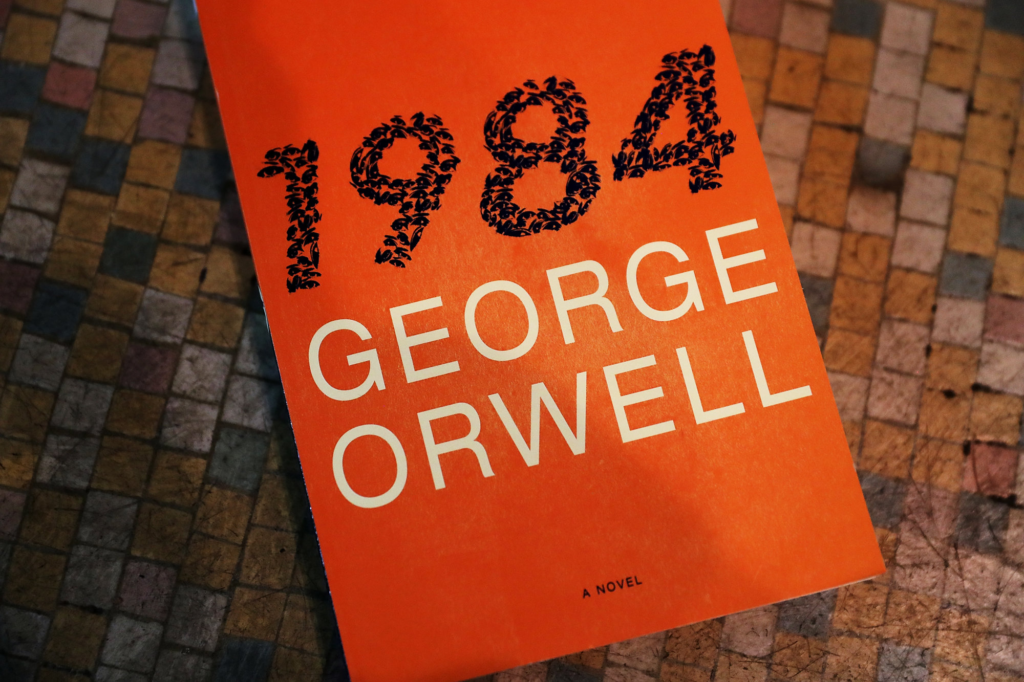
Orwell’s 1984, published in 1949, presents a haunting view of a society under complete government control. Banned in communist countries and misunderstood in the West, 1984 warns about privacy loss and oppressive power—a message that resonates today, especially in digital privacy debates.
1. Animal Farm
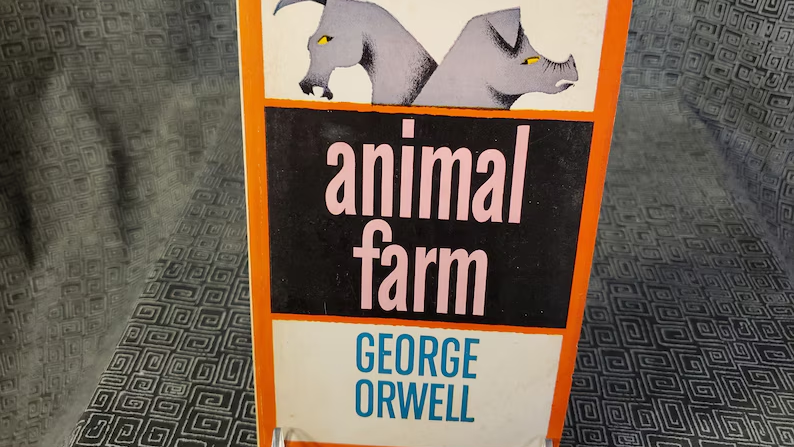
George Orwell’s Animal Farm (1945) uses the story of farm animals rebelling against their farmer to critique totalitarianism, especially Stalinism. Its message about the betrayal of revolutionary ideals led to its banning in places like the Soviet Union and China, where its anti-authoritarian themes hit too close to home.


